By: Fatou Krubally
The Gambia has renewed its commitment to protecting and empowering refugees as stakeholders convened on Tuesday for a high-level roundtable to review the findings of a comprehensive socio-economic and livelihoods assessment of refugees living in the country.
The event, held at the Metzy Residence Hotel in Kololi, brought together government officials, UN agencies, diplomats, civil society groups, and representatives of refugee communities from the Fonis and the Greater Banjul Area. The assessment, conducted over recent months, offers the most detailed picture yet of the challenges and opportunities facing the more than 4,600 refugees and asylum seekers currently residing in The Gambia.
Delivering the welcoming remarks, Yusufa J. Gomez, Executive Director of the Gambia Food and Nutrition Association (GAFNA), underscored the organisation’s decades-long partnership with UNHCR and its frontline role in supporting refugees in the Foni settlements and urban communities. He said most refugees continue to grapple with limited access to livelihoods, health services, and social protection, stressing that support must be both humane and practical. Gomez noted that GAFNA’s work increasingly focuses on self-reliance, skills training, and improving access to water and agricultural inputs for both refugees and host communities.
Chief Superintendent Omar T. Camara, representing the Gambia Commission for Refugees (GCR), described the gathering as “a call to action,” noting that the findings present a clear roadmap for strengthening national refugee systems. He highlighted gaps in employment, financial inclusion, land access, and vocational opportunities—challenges that continue to hold refugees back from meaningful integration. Camara reaffirmed the Commission’s commitment to upholding national and international protection standards and deepening collaboration across government and development partners.
UNHCR’s representative from the Senegal Multi-Country Office, Martin Kaburaka, warned that many refugees remain trapped in precarious work and face persistent barriers to education and documentation. He called for stronger multi-stakeholder cooperation, more gender-sensitive programming, and expanded investment in refugee skills development, saying the new data offers a “mirror” into the realities refugees face daily.
In his keynote address, Interior Minister Alhaji Abdoulie Sanyang said the government remains steadfast in its obligation to protect refugees under the 1951 Convention. He praised host communities, especially in the Fonis, for their generosity despite scarce resources, and urged partners to align support with national priorities in agriculture, micro-enterprise, and social protection. Sanyang said the new assessment should guide a more coordinated national response that strengthens self-reliance and social cohesion.
Stakeholders later broke into thematic groups to discuss practical strategies and partnership opportunities, with the hope that the findings would lead to more predictable, inclusive, and sustainable support for refugees and host communities alike.
The post Stakeholders Review Findings of Assessment of Refugees in The Gambia appeared first on .
By: Fatou Krubally The Gambia has renewed its commitment to protecting and empowering refugees as stakeholders convened on Tuesday for…
The post Stakeholders Review Findings of Assessment of Refugees in The Gambia appeared first on .

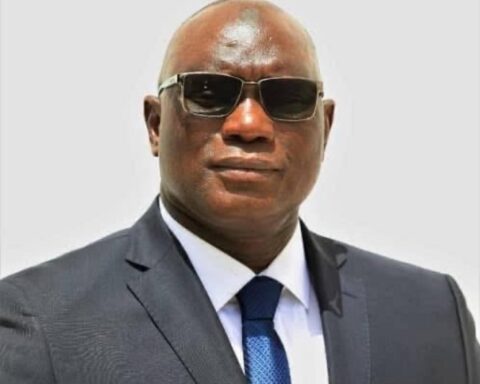
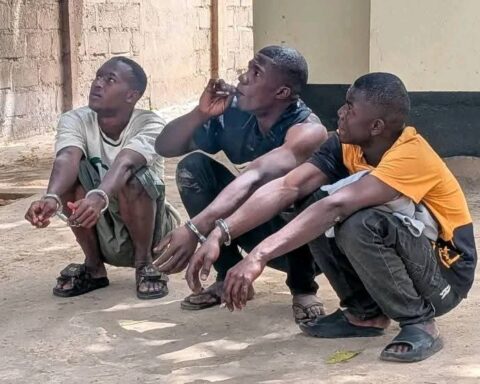
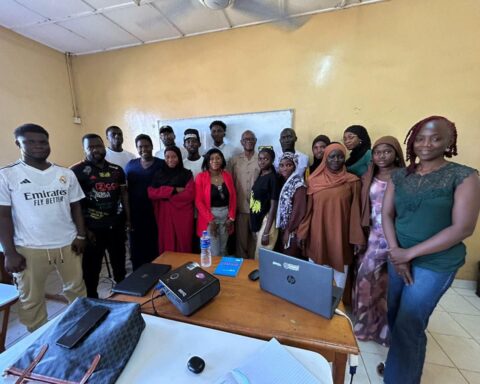
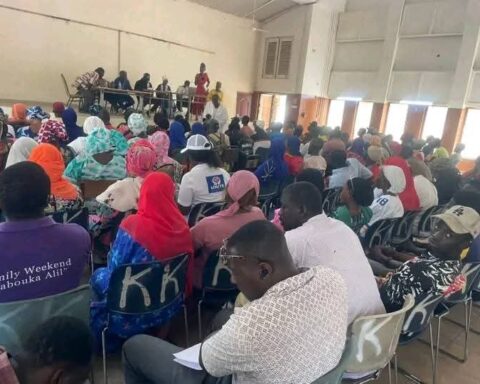
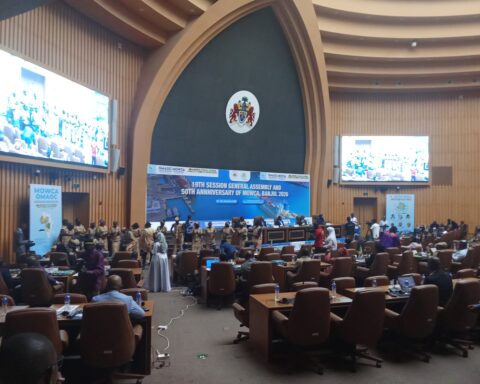
Checking out sumvipbet – VIP programs always sound good, but are they actually worth it? Loyalty rewards are what its about. Let me know if you are enjoying! sumvipbet
**mitolyn official**
Mitolyn is a carefully developed, plant-based formula created to help support metabolic efficiency and encourage healthy, lasting weight management.